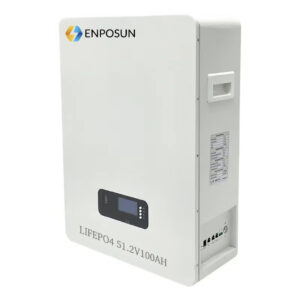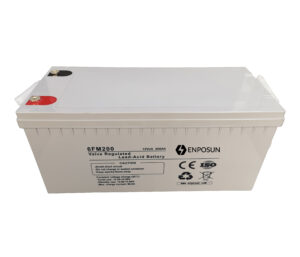Lifepo4 battery:
- Durability:Lifepo4 battery durability is strong, slow consumption, charging and discharging more than 1500 times, and no memory, general life in 5-8 years.
- Discharge multiplier:lithium iron phosphate batteries can be high-current discharge, suitable for use in solar street lamps, electric vehicles, electricity, communications and so on.
- Volume quality: lithium batteries are relatively small.
- Battery capacity: the same volume of lithium battery capacity than lead-acid batteries. Lead-acid battery capacity of about 8-10A; lithium battery capacity of 20A.
- No memory effect: Lifepo4 batteries in any state, can be charged with the use, without having to discharge and then charge.
- Single nominal voltage: lifepo4 battery single nominal voltage: 3.2V.
- Environmental protection: lithium materials without any toxic and hazardous substances, the world that the green battery, the battery in both production and use of pollution-free, become widely concerned about the hot spot of research.
- Safety: Lifepo4 battery has been rigorous safety testing even in the worst traffic accidents will not produce an explosion, showing higher safety performance.

Lead-acid batteries:
- Lead-acid batteries are generally deep-charged and deep-discharged within 300 times, there is memory, life expectancy is generally about one or two years. And lead-acid batteries have liquid inside, after consuming for a period of time, if you find that the battery is hot or the charging time becomes shorter, you need to replenish the liquid.
- The general lead-acid battery weight, and, the volume is larger.
- There is a large amount of lead in the lead-acid batteries, in the waste if not handled properly, will pollute the environment in the production process there is pollution.
- Lead-acid battery single nominal voltage: 2.0V.A common lead-acid battery voltage is often 12V.

| Lead-acid and lithium battery comparison | ||
| Lead acid battery | Lithium ion battery | |
| Mass-energy density | 30-50(WH)/kg | 120-180WH)/kg |
| Volumetric energy density | 60-100(WH)/L | 200-350(WH)/L |
| Cycle Life | 300-500 Times | ≥3000 times |
| Average operating voltage | 2.0V | 3.2V |
| -20° Capacity retention rate | ≤60% | ≥70% |
| Safety | Excellent | Excellent |
| Environmental protection feature | Bad | Excellent |
